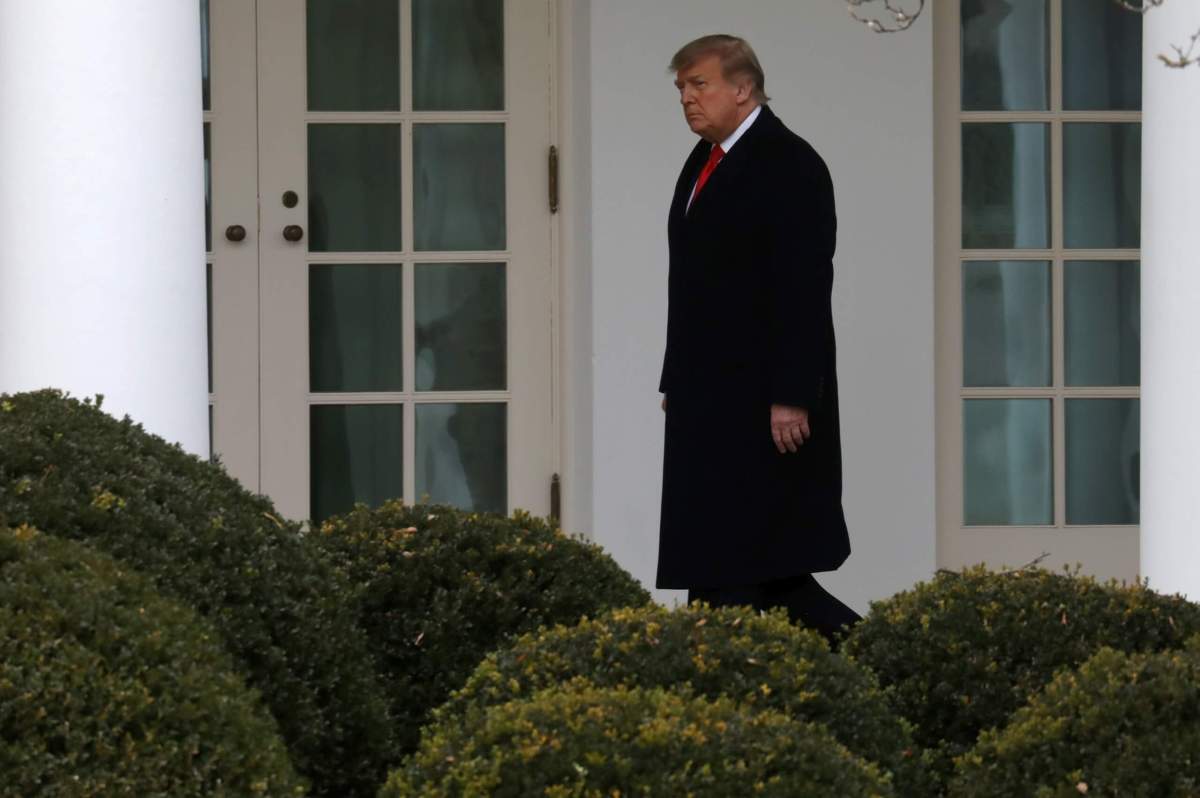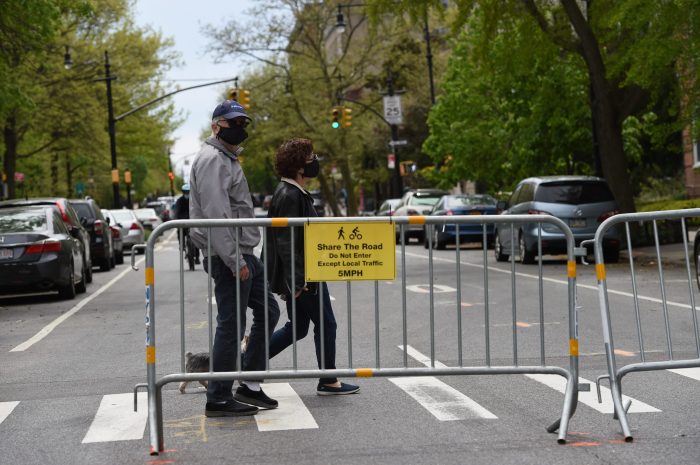It’s been over a year since the COVID-19 state of emergency began—and a year later, we’re still a state facing an emergency.
Take a minute to recognize how bad things have gotten over the past eleven months. Nearly 50,000 New Yorkers have lost their lives to this terrible virus and nearly 1.6 million have been infected. More than one million New Yorkers have lost their jobs, and 60 percent of all New Yorkers have reported some loss of income. In the midst of this public health emergency, more than one million New Yorkers have lost their health insurance. All the while, critical funding for public schools and other services have been held back due to a loss in state revenues and the Trump administration’s refusal to deliver necessary federal relief.
One year of pain has been hard enough. New York is now at a crossroads: will we cut the programs that prevent our neighbors from going hungry, or will we ask big corporations and the ultra-wealthy to pay their fair share in taxes? The decision we make in this year’s budget could have ramifications that last for the next decade.
If we are serious about rebuilding our economy we should pass the Invest In Our New York Act, a package of revenue bills that would include a full repeal of the Trump Administration’s corporate tax cuts in New York. With our state facing an enormous $60 billion deficit over the next four years, this legislation is more important than ever.
The Trump Tax Cuts were a disaster: they included massive giveaways to big corporations (one CEO even called them “a mighty fine Christmas gift”) and failed to accomplish their intended goal of kick-starting the economy. Trump’s tax cuts dramatically dropped the corporate tax rate from 35 percent to 21 percent—the most generous corporate giveaway in more than three decades. While Trump claimed these corporate tax giveaways would be “rocket fuel” for our country’s economy, it was immediately clear it was a failure to launch. Just one year after the bill passed, economic growth had slowed to 2.9 percent—the exact same rate of economic growth our country experienced two years before the Trump Tax Cuts passed.
While the Trump Tax Cuts were always a bad idea, the COVID-19 pandemic has made its shortcomings even clearer. New York State now faces a budget crisis the likes of which we haven’t seen in decades, and Trump’s corporate giveaways are making things worse.
That’s why Senator Hoylman, a co-author of this op-ed, sponsors legislation included in the Invest In Our New York Act to claw back the Trump corporate tax cuts in New York by imposing a state surtax on big corporations that would bring New York’s tax rate in line with neighboring states like New Jersey and Pennsylvania. It will not affect most small businesses, and will not affect small corporations with very small profits. Economists estimate this legislation would generate $9 billion in state revenue each year: that’s $9 billion that New York State would be able to use to fund essential services like homeless shelters, schools, libraries and other social services.
Raising new, year-over-year, progressive revenue at the state level is the fiscally sound approach to budgeting in the wake of COVID-19. While emergency COVID-19 aid appears likely to arrive from the federal government, it won’t be enough to fix our major issues. The 2008 financial crisis shows the importance of the budgetary decisions made at the state level: economists found states that cut spending delayed their economic recovery by as much as five years. Meanwhile, data shows that increasing taxes on the wealthy few will grow GDP and kick-start the economy.
Even before the pandemic, it was clear New York State needed to take bold action to help those less fortunate. A study from 2018—years before New York saw a single case of the novel coronavirus—found New York’s gini coefficient (an economic metric used to track income inequality) was higher than any other state’s. The pandemic has exposed these structural inequities, and shown us the clear moral case for addressing them head-on.
As always, we’re hearing the same tired arguments from opponents of progressive taxation who claim it’s too bold or too ambitious. Wannabe municipal Cassandras claim progressive taxation could lead to New Yorkers leaving the Big Apple for low-tax states like Florida or Texas. But the facts don’t back up that claim: three tenths of one percent of American millionaires have moved in order to avoid taxes. The demise of New York City has been greatly exaggerated.
The same fiscal approach that led us to being the most unequal state in the country will continue to fail. For too many years, New York State has made it a habit of lowering taxes on the ultra-wealthy and corporations while disinvesting in our social safety net and public services. As the state government paid for less and less, counties and municipalities have been forced to cut services while scrambling to cover what they can through local property, sales, and other taxes that put the heaviest burden on working families and the poor. We need a new approach
But there is a better way. By clawing back the Trump Corporate Tax Cuts, we can fund a historic and equitable future for our communities. New York State has the opportunity to lead the country on building an economy where all can prosper. It’s time to pass the Invest In Our New York Act.
Brad Hoylman, D-Manhattan, is a New York State Senator. Ricky Silver is co-lead organizer of Empire State Indivisible.





































